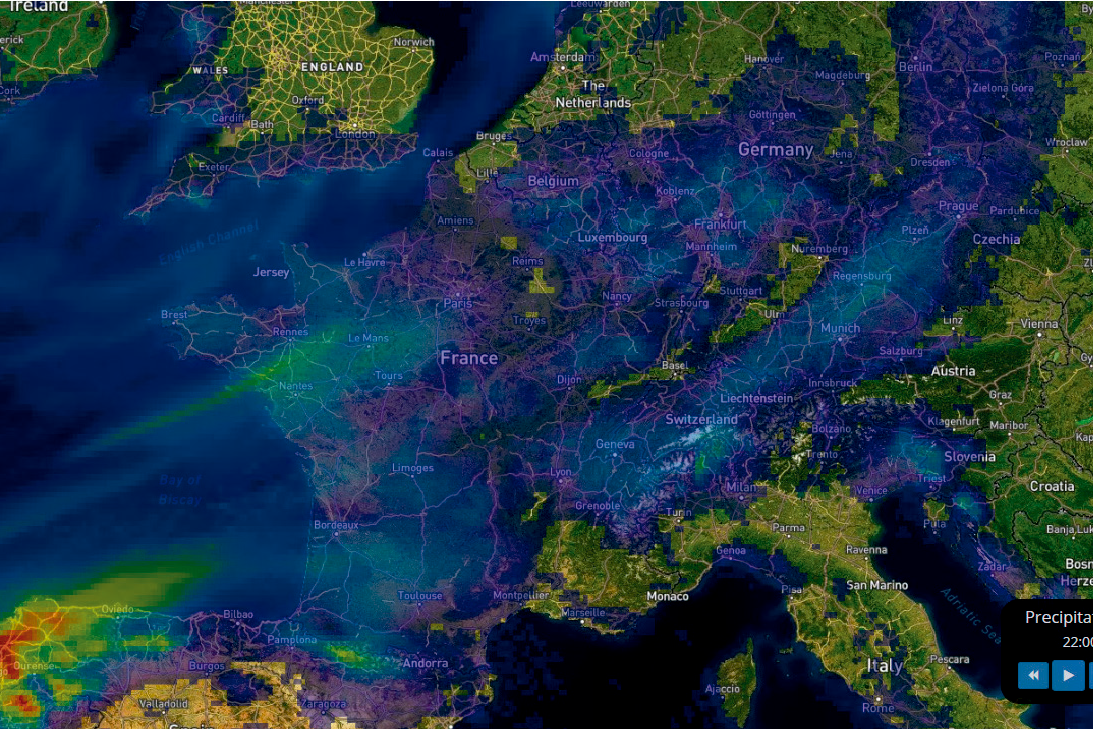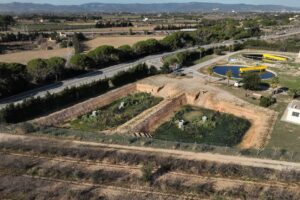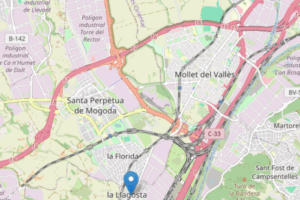TECHNOLOGICAL CAPABILITIES
RECYCLING, UPCYCLING, TREATMENT

GAS EMITIONS AND AIR POLLUTION CONTROL
- Gas sensors and contaminant detection
- Modelling odor episodes and atmospheric quality
- Industrial emission assessment tools, systems and models
- Modelling, diagnosis and control of sources of air pollution
- Characterization and treatment of gaseous emissions
- Removal, filtration and/or valuation of air pollutants and gases (NH3, H2S, CO2, CO, VOCs and cinder, amongs others)

CLIMATE CHANGE MITIGATION
- Ecotechnologies and nature-based solutions
- Models and proposals for climate change mitigation
- Multilateral governance
- Global carbon budget and climate justice
- Advice on the Paris Agreement
- Life cycle assessment
- Green and circular economy

PLASTICS
- Recycling and recovery of plastic materials
- Plastic recycling by means of hyperspectral techniques
- Conversion of plastic waste (monomers) into new plastics
- Development in bioplastics and biocomposites

ORGANIC
- Characterization and composting of organic waste for agricultural recovery
- Valorization of incineration waste
- Recovery of bio-active components from food and agrowaste
- Sustainable management of cork waste generated in the cork industry
- Development of bio or synthetic organic waste to obtain new materials, for use in the construction industry, transport and packaging
- (Bio) processes of transformation of waste and organic by-products

ELECTRONICS
- Circular economy of digital devices
- eReuse: reuse of electronics to ensure final recycling
- Bioleaching of low-rank ores and e-waste for valuable metals recovery
- Research on the traceability of digital devices across their lifespan

OTHERS
- Co-gasification and pyrolysis of residual material(including municipal solid waste and forest waste)
- Construction and demolition waste management and recovery
- Mining, urban and industrial waste recovery
- Management, compaction and recovery of the waste process
ECOSYSTEM PRESERVATION

WASTEWATER TREATMENT
- Real-time control of sewage systems and wastewater treatment plants
- Natural low-cost bioprocesses for wastewater and sludge treatment
- Design of constructed wetlands for wastewater treatment
- Numerical simulation of bioprocesses to remove contaminants from wastewater
- Life cycle assessment and economic evaluation of products and technologies for wastewater treatment, sludge management and biogas production
- Use of cork to clean wastewater and produce electricity
- Urban and industrial wastewater treatments and related technologies

TERRESTRAL ECOSYSTEMS
- Application technique of phytosanitary products to reduce the risk of environmental pollution
- Application technique for organic fertilizers to reduce environmental impact
- Efficiency in composting systems and optimization of agricultural productivity. Sustainable agriculture
- Studies to evaluate risk to human health and ecosystems
- Landslide risk management
- Ecosystem services and sustainable resource management

URBAN ECOSYSTEM
- Urban contaminants and the environment
- Green building architecture and materials
- Noise pollution

DRINKING WATER
- Real-time monitoring and operational control of drinking water systems
- Improvement in the efficiency of water use, energy consumption, water loss minimization and water quality
- Modelling and simulation of drinking water networks
- Optimization of water transport and distribution networks

MARINE AND COASTAL ECOSYSTEMS
- Engineering and physical oceanography
- Port and coastal structures. Coastal zone management
- Morphodynamics and coastal processes
- Maritime research and experimentation wave flume
- Data acquisition system design and automation of marine system measurements
- Development of multifunctional sensors for in-situ monitoring of the marine environment
- Development of mobile and fixed ocean observing platforms

ENVIRONMENTAL IMPACT AND TECHNOLOGICAL RISK
- Risk analysis in the process industry
- Wildland fires monitoring and prediction
- Compartment fires modelling
- Floods and flash-floods, forecasting and derived impact
- Ecotoxicology
APPLICATION SECTORS
AERONAUTICS
AUTOMOTION
INFRASTRUCTURES
HEALTH
MANUFACTURING
TEXTILES
RELATED PROJECTS
- A research team from the UPC, in collaboration with the company B. Braun Surgical, has created a ceramic and biocompatible catalyst that captures greenhouse gases and transforms them into useful chemical products in a more sustainable way and at a lower cost than current technologies. The technology has successfully passed the pilot phase through joint projects with companies from different sectors.
- The company Trace ID and the group Twin Investors, in collaboration with the Textile Technology research group (TECTEX), which is part of the Institute of Textile Research and Industrial Cooperation of Terrassa (INTEXTER) at the Universitat Politècnica de Catalunya - BarcelonaTech (UPC), are developing electronic devices to identify, monitor, and study the traceability of the products in which they are embedded.
- The Hydrogeology Group (GHS) at the Universitat Politècnica de Catalunya - BarcelonaTech (UPC) is participating in the LIFE REMAR project to develop an innovative and sustainable solution for the reuse of treated wastewater through infiltration, with the aim of increasing the availability of freshwater resources and improving the state of ecosystems.
- A team from the Environment Centre Laboratory (LCMA) of the Universitat Politècnica de Catalunya - BarcelonaTech (UPC) is taking part in a study commissioned by the city councils of la Llagosta, Mollet and Santa Perpètua (in Vallès Occidental), with the main objective of identifying the impact of industrial plants on the generation of unpleasant odours and continuously monitoring air quality in these municipalities.




